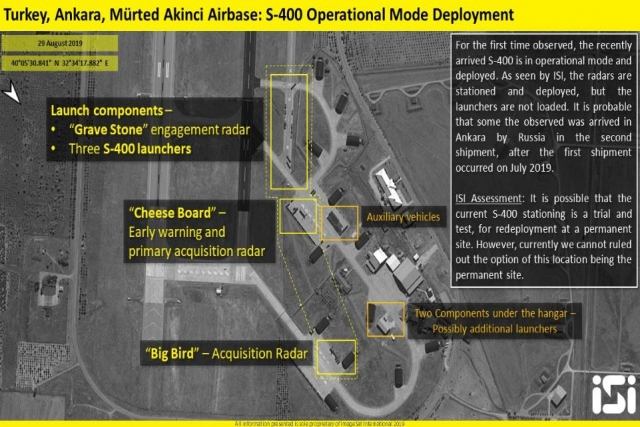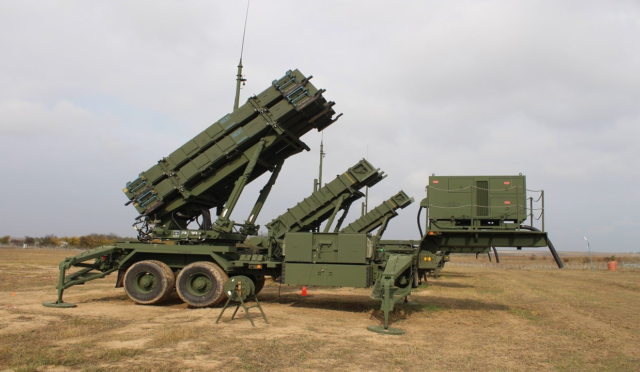Turkey’s S-400 Deployment Raises U.S. Alarm
**U.S. Representatives Gus Bilirakis and Brad Schneider have expressed serious concerns following reports suggesting Turkey plans to deploy its S-400 air defense system to Syria. This potential transfer of Russian-manufactured military technology has alarmed U.S. officials, prompting the representatives to address the issue directly with the U.S. Department of State. According to sources from the Greek newspaper Kathimerini, the lawmakers conveyed in their letter that such a move could escalate tensions significantly and threaten the security dynamics in the region, particularly in relation to Israel and U.S. sanction enforcement.**
In their correspondence, Bilirakis and Schneider emphasized that reintroducing Russian systems into Syria would send a worrying message to both allies and adversaries alike. They articulated concerns regarding the potential placement of these systems along Syria’s western corridor, warning that this strategy could severely limit Israel’s capability to respond to Iranian threats and disrupt supply routes associated with Hezbollah.
Implications for Regional Security and U.S. Interests
The representatives pointed out that if Turkey maintains operational control of the S-400 systems, it could lead to direct conflict with Israeli forces. If other Syrian or proxy forces gain control of these systems, the U.S. would face diminished oversight and influence in the region, exacerbating instability in an already unpredictable environment. They asserted that the repercussions of these developments extend beyond mere military logistics.
Furthermore, Bilirakis and Schneider argued that the notion of relocating the S-400s from Turkey as a remedy for CAATSA sanctions is misguided, both legally and strategically. The sanctions, they noted, were imposed due to Turkey’s initial acquisition of these systems and are not contingent upon their geographical deployment. They also pointed fingers at President Recep Tayyip Erdoğan for exacerbating regional tensions, including the deployment of F-16s over Greek airspace and hosting leaders of Hamas.
The Broader Context of U.S.-Turkey Relations
The letter underscores the broader implications of Turkey’s military decisions on U.S. foreign policy. The representatives argued that this issue transcends the simple matter of an air defense system; it speaks to Turkey’s overall role in fostering regional instability. This concern gains additional weight considering their previous statements regarding Turkey’s actions towards Cyprus and Greece, which they labeled as hostile.
In response to these ongoing concerns, Bilirakis and Schneider had earlier proposed the Turkey Diplomatic Realignment Act to Congress. This legislative effort aims to shift Turkey’s diplomatic dealings from the Bureau of European and Eurasian Affairs to the Bureau of Near Eastern Affairs, effectively categorizing Turkey with nations like Iran and Syria. Such a reclassification may lead to a strategic reassessment of Turkey’s S-400 systems and their implications for U.S. foreign policy.







